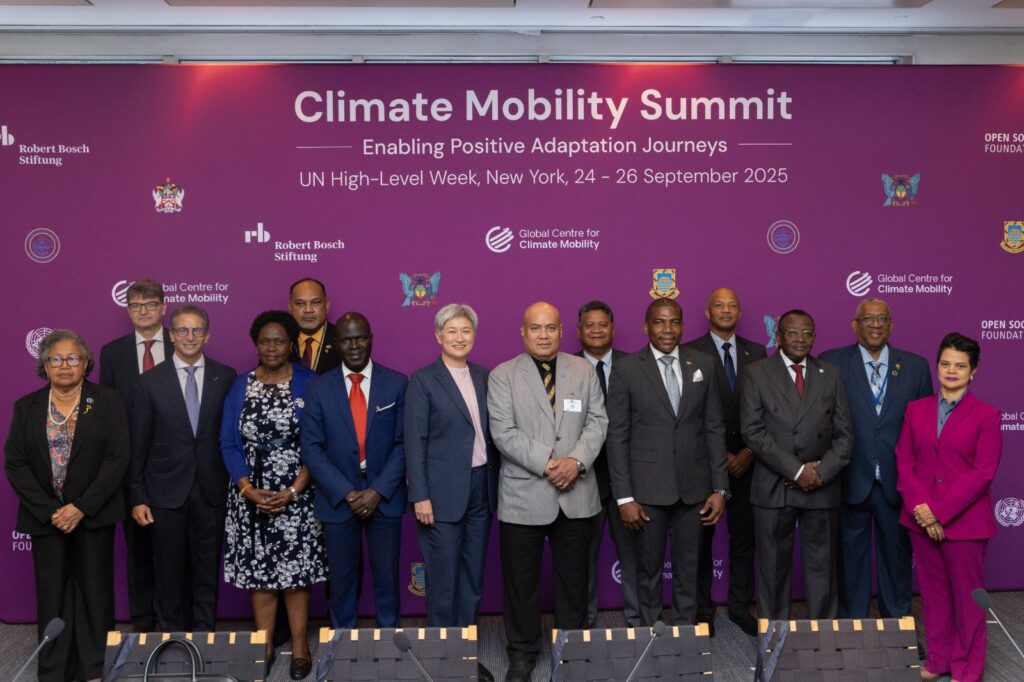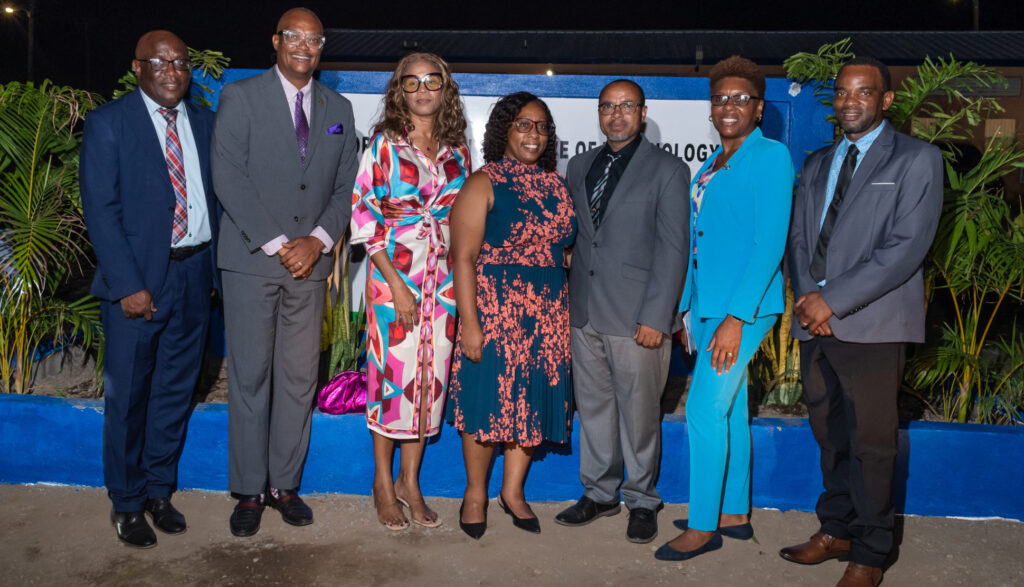Maternal Mortality Rates in the Caribbean Increased in 2020 According to Report
The year 2020 witnessed a devastating reversal in global efforts to reduce maternal mortality, marking a significant departure from previous progress. A report released by UN agencies revealed a stagnation or even an increase in maternal mortality rates across nearly all regions of the world. This sobering trend paints a stark picture of the challenges faced by women during pregnancy and childbirth, particularly in resource-constrained settings and conflict-affected areas. The estimated 287,000 maternal deaths in 2020, a marginal decrease from 309,000 in 2016, translates to a tragic loss of life every two minutes. This grim statistic underscores the urgency of addressing the underlying causes of maternal mortality and reinforcing global commitment to ensuring the health and well-being of mothers.
The report, meticulously tracking maternal mortality nationally, regionally, and globally from 2000 to 2020, exposed a concerning trend. While significant progress was made between 2000 and 2015, with an annual reduction in maternal deaths of approximately 2.7%, this momentum was largely lost in subsequent years. The stalling or reversal of progress points to a complex interplay of factors hindering efforts to improve maternal health outcomes. This includes limited access to timely and quality healthcare services, persistent health inequities, and the devastating impact of conflict and humanitarian crises. These interconnected challenges often disproportionately affect the most vulnerable populations, highlighting the need for targeted interventions to address these systemic barriers.
The geographical distribution of maternal deaths reveals stark disparities, with the majority concentrated in the poorest regions of the world. This emphasizes the critical link between poverty and maternal health outcomes, where limited access to essential resources, inadequate healthcare infrastructure, and underlying social determinants of health contribute to increased risks during pregnancy and childbirth. Compounding these challenges are the devastating effects of conflict, which disrupt healthcare systems, displace populations, and create unsafe environments that exacerbate the vulnerabilities of pregnant women and new mothers.
While the COVID-19 pandemic undeniably added another layer of complexity to the global health landscape, the observed trends in maternal mortality predate the pandemic by several years. This suggests that while the pandemic may have exacerbated existing challenges, the underlying drivers of maternal mortality are deeply rooted in systemic issues that require long-term and sustainable solutions. Experts emphasized the need to strengthen healthcare systems, improve access to quality care, address social determinants of health, and invest in robust data collection and surveillance to monitor progress and identify areas for intervention.
The UN’s Sustainable Development Goals (SDGs), adopted in 2015, set an ambitious target of reducing the global maternal mortality ratio to less than 70 per 100,000 live births by 2030. However, the 2020 rate of 223 maternal deaths per 100,000 live births starkly highlights the significant gap between current reality and the aspirations of the SDGs. This discrepancy underscores the need for accelerated action and increased investment in maternal health programs to achieve this critical global target. The international community must prioritize strengthening primary healthcare services, expanding access to skilled birth attendants, and empowering women with the knowledge and resources to make informed decisions about their reproductive health.
Ultimately, addressing the global maternal mortality crisis demands a multi-faceted and collaborative approach. It requires sustained political commitment, increased funding for maternal health programs, strengthening healthcare systems, addressing social determinants of health, and empowering women and communities. Only through concerted efforts can we hope to reverse the current trends and ensure that every woman has access to the quality care she needs to survive pregnancy and childbirth. The goal of eliminating preventable maternal deaths is not just a public health imperative, it is a fundamental human right, and achieving it will require unwavering global commitment and sustained action.
Share this content:












Post Comment